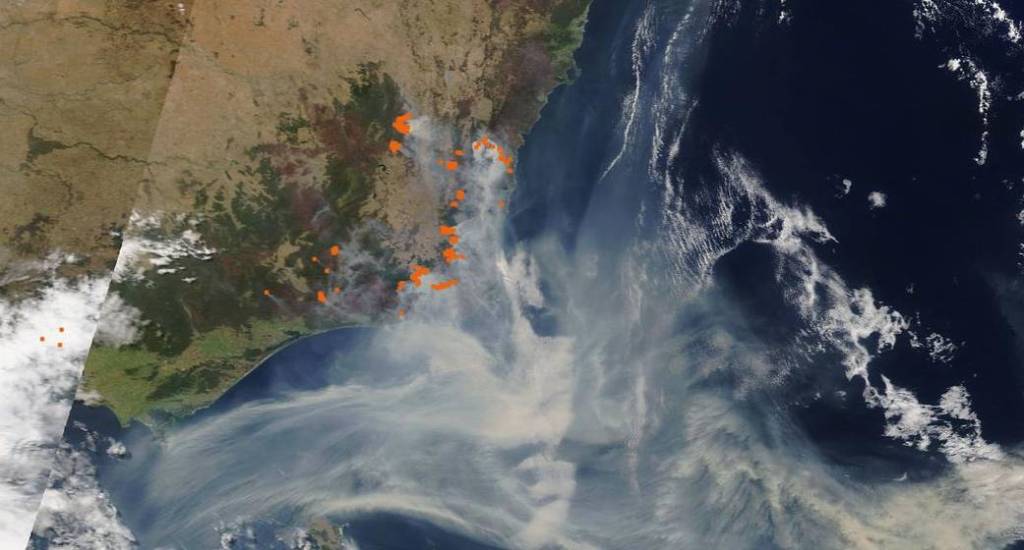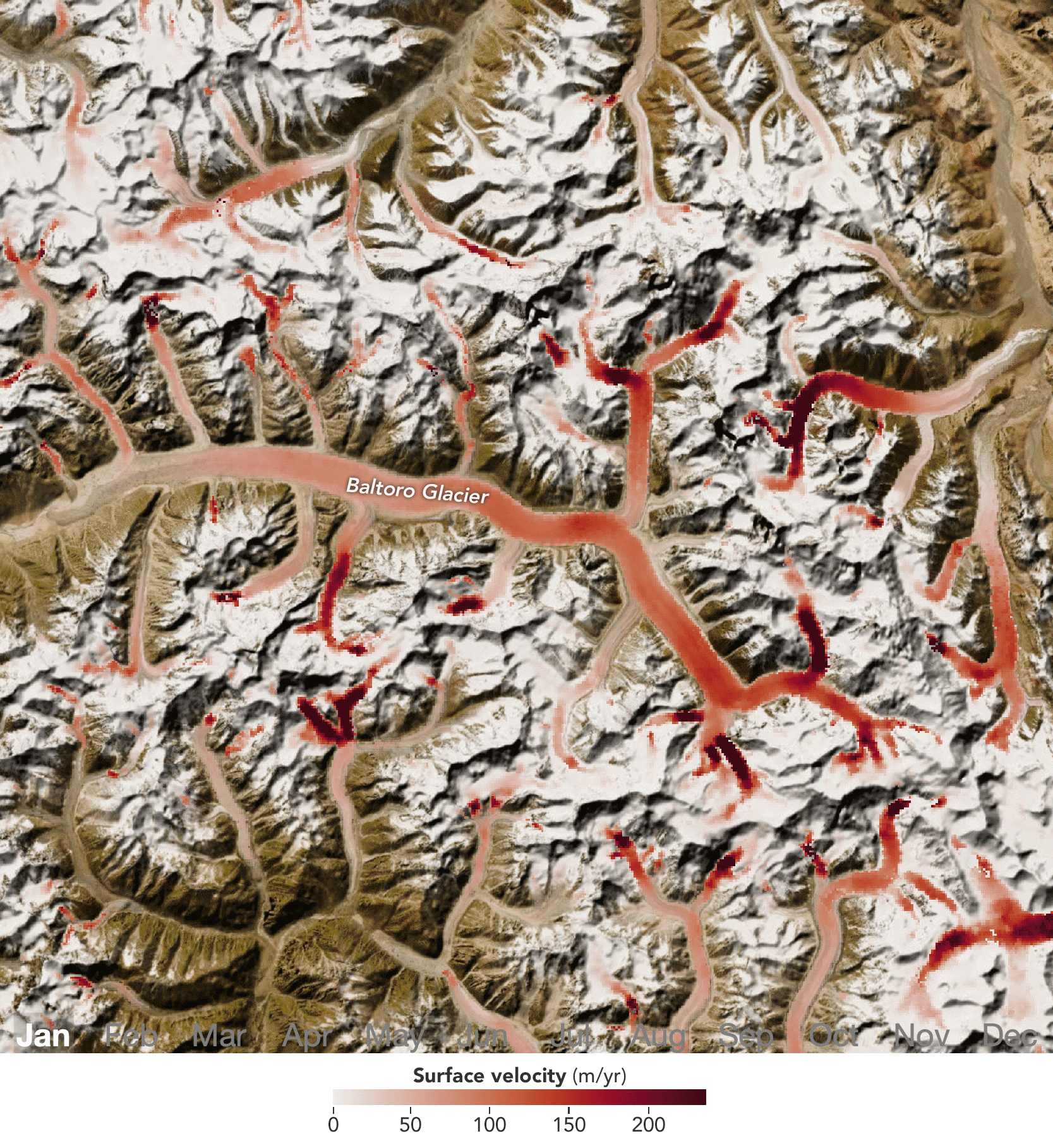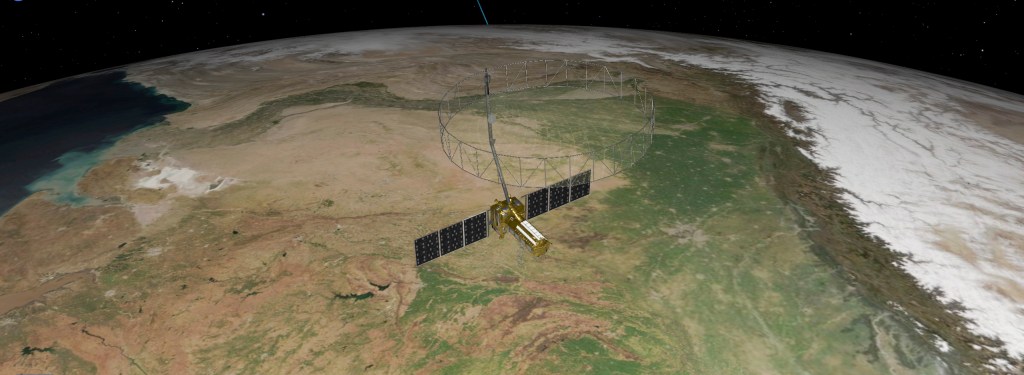Earth Science Projects Division
Organization
The Earth Systematic Missions (ESM) program is part of NASA’s Earth Science Division (ESD) within the Science Mission Directorate (SMD).
The ESM program office at GSFC (ESMPO-G) is responsible for the management and coordination of all systematic Earth observation missions and projects at Goddard Space Flight Center (GSFC) and Langley Research Center in support of ESD.
The Reimbursable Projects Program (RPP) manages a select set of U.S. partner agency funded projects as part of the Joint Agency Satellite Division (JASD) also within SMD.
ESPD follows GSFC policies and reports administratively to GSFC’s Center Director through the Flight Projects Directorate. The ESPD Associate Director also serves as the program manager for the ESMPO-G and RPP.
Project Operations & Data Management
ESMO
The Earth Science Mission Operations (ESMO) Project is responsible for spacecraft maintenance and operations for Earth Science missions conducted by the Earth Science Projects Division at the Goddard Space Flight Center.
The ESMO Project plays a significant role during the mission life cycle; from the formulation and approval phases through the implementation and evaluation phases, and eventual deactivation. The Project’s role is to ensure the health and safety of the missions it manages by fulfilling the primary operational requirements for each mission, and providing the scientific community with high-quality data products in a timely manner. It also serves as a focal point for the mission on-orbit operations and the definition of support services required.

ESDIS
Earth Science Data and Information System (ESDIS) Project provides science data to a wide community of users for NASA’s Science Mission Directorate.
ESDIS is responsible for processing, archiving, and distributing Earth science data. It provides tools to facilitate the processing, archiving, and distribution of Earth science data. ESDIS collects metrics and user satisfaction data to learn how to continue improving services provided to users. It ensures scientists and the public have access to data to enable the study of Earth from space to advance Earth system science to meet the challenges of climate and environmental change. ESDIS promotes the interdisciplinary use of EOSDIS data, including data products, data services, and data handling tools to a broad range of existing and potential user communities.































